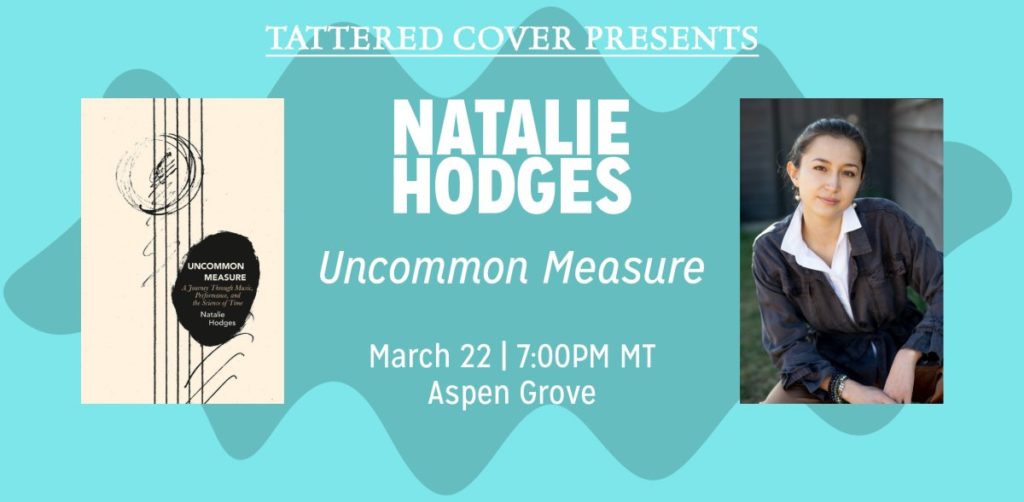
“For my mother… [it was] sidelong looks, people moving away from her in the post office or the grocery store; in the man who slapped her across the face while she was walking down the street in Denver her freshman year of college, screaming, ‘You dirty yellow thing, taking jobs away from good American people!'” (p. 101).
Natalie Hodges, whose mother immigrated to the United States from Seoul, Korea in 1966, struggles for assimilation in a hostile country. Natalie’s mother marries and has four children. All the children were encouraged to play musical instruments. Natalie gravitated to the violin at an early age and decided she wanted to be a solo violinist.
The odds of becoming a soloist in the current state of Classical Music is about the chances of making it to the National Football League as a starter. Natalie realizes her dreams would never come true, quits playing the violin, and tries to move on with her Life. But, Natalie returns to the violin and learns to enjoy music again.
My favorite chapter in Uncommon Measure is “Chaconne,” the Bach work that is considered the ultimate piece of music for the violin. Of course, it is incredibly difficult to play. This is Art Scott’s favorite piece of Classical Music. Natalie’s analysis of “Chaconne,” its background, and her trials trying to play the work dazzled me!
Uncommon Measure explores music, disappointment, loss, racism, and perseverance. Very inspiring! GRADE: B+
TABLE OF CONTENTS:
Prelude 13
Un trainmen 17
A Sixth Sense: Notes on Improvisation 46
Symmetry Breaking 79
Chaconne 111
The Still Point of the Turning World 141
Coda: Memory Is a Hologram 173
Acknowledgments 181
Credits 185
Notes 186
Bibliography 195
People amaze me with their capacity for determination and resilience; they make the world a better place.
Jerry, you’re so right. Overcoming adversity and problems should inspire all of us.
This looks like a book my book group would enjoy. I will make a note of it.
Patti, Diane’s Book Club is reading HANG THE MOON by Jeannette Walls. Diane is really enjoying it! I love the cover.
My best friends in my early childhood in Faibanks were native Alaskan children, and I wish I could remember their names (I wish I could remember most people’s names these days…in my youth, it was only necessary to write them down, as opposed to instantly losing them if I only heard their names). Anthony Burns, the best person who was my friend in Hazardville in my earliest adolescence, was (and I hope still is, as in still alive and happy) African-American; most of my best earliest friends were girls…I’ve had no time for chauvinism from pretty early on (as both my parents suffered from it in their early lives, mostly ethnic and class-based, I had a laumcing point).
Too many of the kid musicians I grew up with, particularly if they were in school bands rather those they started, became proficient or proficient enough, but didn’t love music…which I’ve never understood. Given how many of those there were, giving up on performance seems a bit short-sighted, even if one isn’t bound to become concertmaster of the NY Philharmonic. Glad she returned to it, and managed to do some interesting work around it.
Beware those who laumch Perhaps a launching point, instead.
IDK, Todd. I’ve known more than a few “ladies who laumch.”
Onomatopoeia for those who spew at least some sort of bile?
Todd, a career in music challenges even the Best and Most Talented musicians. I’m currently reading a memoir of a classical pianist with all of his struggles (I’ll post it in a week or two).
Oh, I know. I’ve been a fan and musician-adjacent for most of my life. A terrible trombonist, but capable of playing by ear better than most terrible trombonists. Sight-reading never my strong suit.